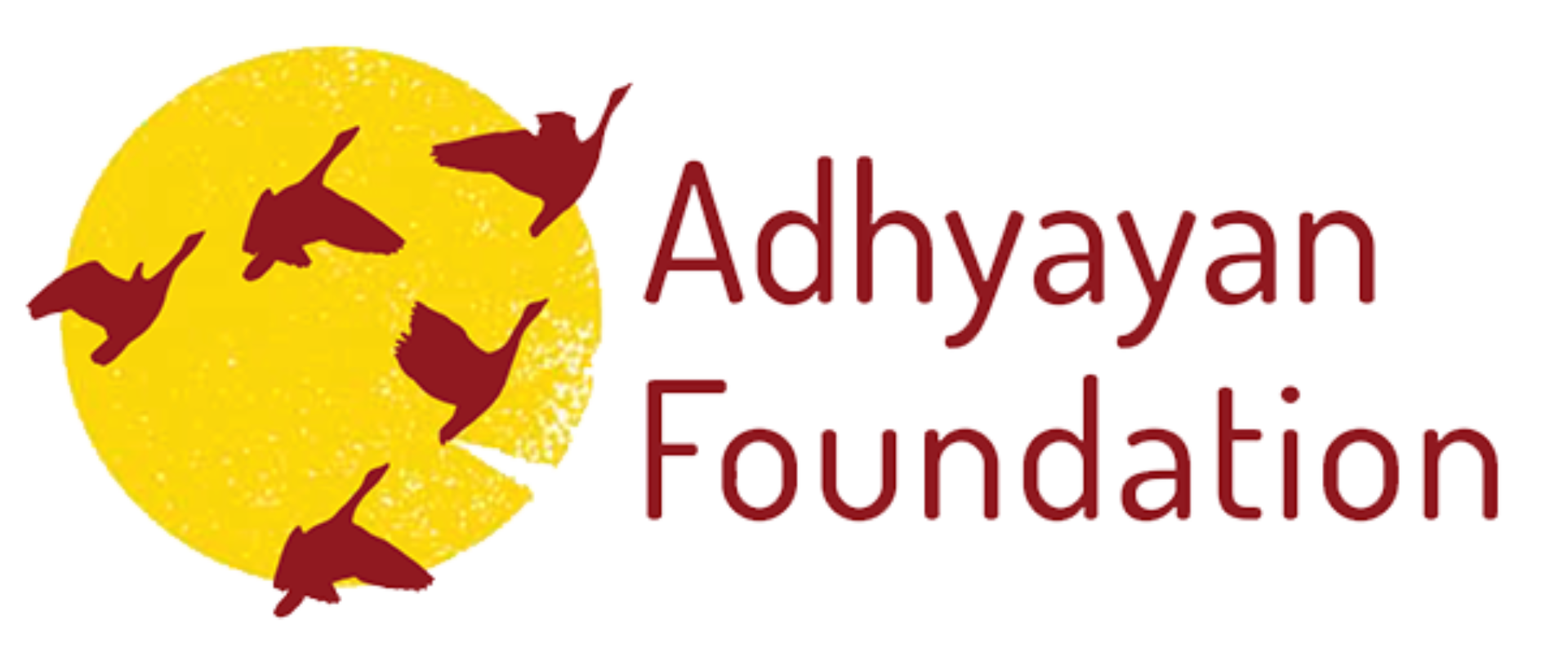Working with states to strengthen leadership and governance towards school improvement
SSIP: The Systemic School Improvement Programme enables leaders at all levels to:
• develop a common and measurable understanding of holistic school quality across stakeholder
• measure the performance of schools against validated quality benchmarks
• use the data to begin to work in peer communities of leaders (at all levels) to support schools in a targeted manner to develop capacity to lead change
• Validate improvement
• Document learnings and best practices in a way that they can be fed back into the system
• Activate networks of local stakeholders (volunteers, public libraries, local industry etc.) to create an ecosystem of support around schools
Programme's Aim
Using the Shaala Siddhi Evaluation Framework, schools go through:
• a collaborative school review and generate a report card for the school.
• Schools work in clusters called the hub, consisting of primary, middle and high schools.
• They then prioritize areas of improvement and select which standards they should tackle.
• These reviews happen across all the schools in the hub, and together they form an action plan both for their own school and for the complex as a whole.
Over the year, SSIP Goa demonstrated three layers of outcomes:
- School improvement across a range of domains and standards in Shaala Siddhi, with schools choosing an average of about 3 standards to improve on.
- Improved capacity of leaders in the government education system to drive this change in the form of mentor hub leaders, who have been actively supporting new hub leaders to learn how to review and support schools in their hubs. Further zonal leaders have been convening meetings to ensure hubs and share best practices and challenges.
- Finally, an important layer of outcomes is the ability of a system to adopt the strengthened systems and processes to continue to drive change in a sustained manner. In this regard, under Goa SSIP, the idea of the quality cell (that owns all leadership quality improvement activities that were being undertaken by Adhyayan) and a document with the protocols to implement the same was approved.
824 Schools

School Improvements

1338
Systemic Capacity

34
113
12
State Adoption

